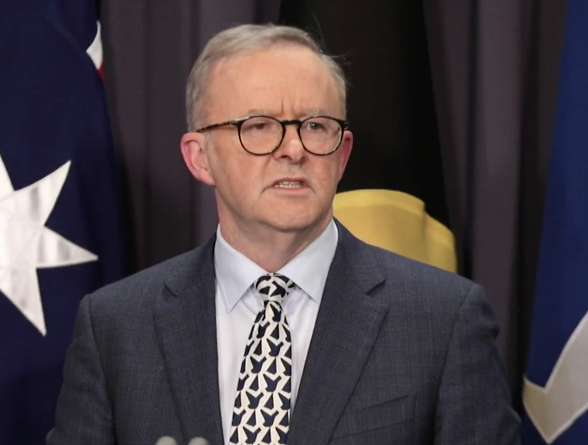
Albanese said experience showed when people directly affected by an issue were consulted and had a sense of ownership over solutions, “they will be more engaged”, writes MICHELLE GRATTAN.
AS the Indigenous Voice provoked divisions in the Nationals, Anthony Albanese rejected the party’s claim it wouldn’t help “close the gap” for First Nations Australians.
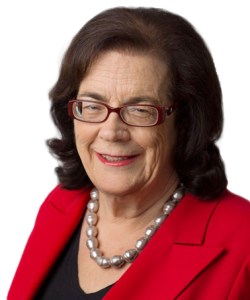
The federal Nationals, announcing this week they’ll oppose the Voice, argued it would not have practical outcomes.
But Albanese said experience showed when people directly affected by an issue were consulted and had a sense of ownership over solutions, “they will be more engaged”.
So gaps in education, health, housing, life expectancy and incarceration rates “will be closed”.
Albanese, speaking at an NBL Indigenous round presentation, repeated that the referendum for the Voice will be held in the next financial year.
The Nationals’ decision sparked a vitriolic response on Tuesday from Indigenous leader Noel Pearson, while the Western Australian party dissociated itself from the federal party’s position.
Pearson described the Nationals as a “squalid little party” – saying previously it had been the most supportive party of the idea of the Voice.
He said its leader, David Littleproud, was “like a kindergarten kid, not a leader.
“The Nationals have foisted the mantle of leadership on a boy,” he told the ABC.
Pearson said the arrival in parliament of Indigenous Nationals Northern Territory senator Jacinta Price, a fierce opponent of the Voice, “has turned everything around”.
Accusing Price of being a puppet of conservative think tanks, he said she was caught up in “a tragic redneck celebrity vortex”.
“It involves right-wing people, particularly the Sydney and Melbourne-based right-wing think tanks, the Institute of Public Affairs and the Centre for Independent Studies.
“They’re the string-pullers – they’re the ones who have lined up behind Jacinta,” he said. “Their strategy was to find a blackfella to punch down on other blackfellas.”
Price said later: “I am no stranger to attacks from angry men who claim to speak on behalf of Aboriginal Australia”.
In caucus, Albanese criticised Price’s personal swipe on Monday at the Minister for Indigenous Australians, Linda Burney.
Price had said Burney “might be able to take a private jet out into a remote community, dripping with Gucci, and tell people in the dirt what’s good for them. But they are in the dark.”
Albanese said: “When people go that personal, it shows they do not have an argument of substance”.
The WA Nationals leader Mia Davies on Tuesday said her party would support the Voice.
Davies said she agreed with much of what Littleproud said about practical outcomes and closing the gap.
“Where we part ways here in Western Australia is that I don’t think it’s one or the other. I think we can do both,” she told the ABC. “We can have a conversation about the Voice, and we can also talk about practical and on-ground investment right now to support Aboriginal communities and individuals.”
Federal Nationals MP Andrew Gee, a former minister in the Morrison government and now in the outer shadow ministry, has also rejected the party’s Monday decision.
Gee, who wasn’t at Monday’s meeting, said he had been a long-time supporter of the Voice to Parliament.
His position on the Voice hadn’t changed, he said in a Facebook post.
“While I respect the opinions of my colleagues, I’m still a supporter.”
He said the government needed to give more detail on what was proposed. “A number of our local Indigenous groups want this detail as well, because they want to make sure they have a voice within the Voice.”
To achieve a Voice would take a lot of hard work “as well as goodwill, open minds and generosity of spirit. Reconciliation in Australia has made significant progress in recent years but there is still a long way for us all to travel,” Gee said.
“Let’s keep working at it and walking down that road. Together we can do it. ”
In question time Burney said “decades of failed government policies have not worked. A voice for Aboriginal and Torres Strait Islander Australians is the best chance we have, and perhaps ever will have, to address the injustices of the past and create change that will deliver a better future.
“This isn’t about dividing people. It is about uniting Australians. Giving First Nations people a say in the matters that affect us. Not being told what is best by bureaucrats.”
Labor MPs gave her a round of applause.
At the Coalition joint parties meeting Peter Dutton said the Liberals were not yet ready to make a decision on their attitude to the Voice.
Mixed results in Closing The Gap Report
The 2022 Closing the Gap Annual Report, released on Wednesday, shows mixed progress on targets.
Targets improving or “on track” were:
- Babies born with a healthy birthweight (89.5 per cent)
- Children enrolled in preschool (96.7 per cent).
Targets worsening or “not on track” were:
- Children being school ready (34.3 per cent)
- Adults in prison (2222 per 100,000)
- Children in out-of-home care (57.6 per 1000)
- Deaths by suicide (27.9 per 100,000).
Burney said Closing the Gap was “a top priority” of the government.
While there was “heartening progress” in some areas, the lack of progress in areas including out-of-home care and adult imprisonment was disappointing, Burney said.
“We have to work more closely with Aboriginal and Torres Strait Islander people to make real and much-needed progress,” she said.![]()
Michelle Grattan, Professorial Fellow, University of Canberra. This article is republished from The Conversation.
Nationals oppose the ‘Voice’ referendum | Canberra CityNews
Who can be trusted?
In a world of spin and confusion, there’s never been a more important time to support independent journalism in Canberra.
If you trust our work online and want to enforce the power of independent voices, I invite you to make a small contribution.
Every dollar of support is invested back into our journalism to help keep citynews.com.au strong and free.
Thank you,
Ian Meikle, editor
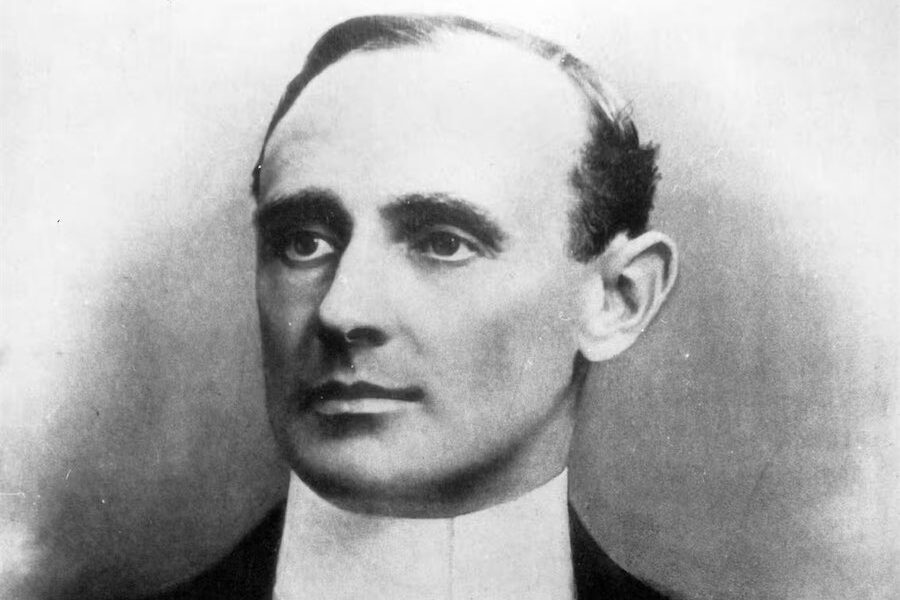
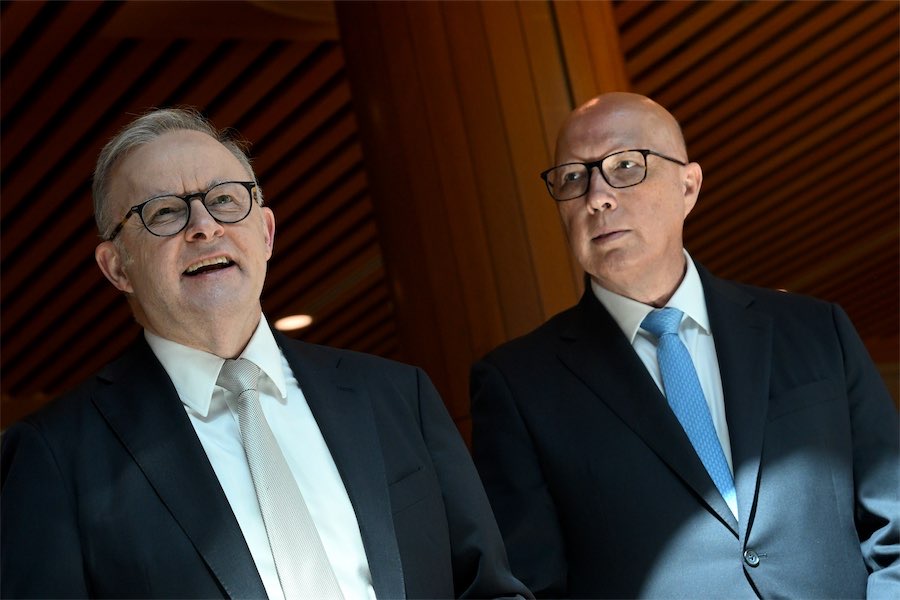
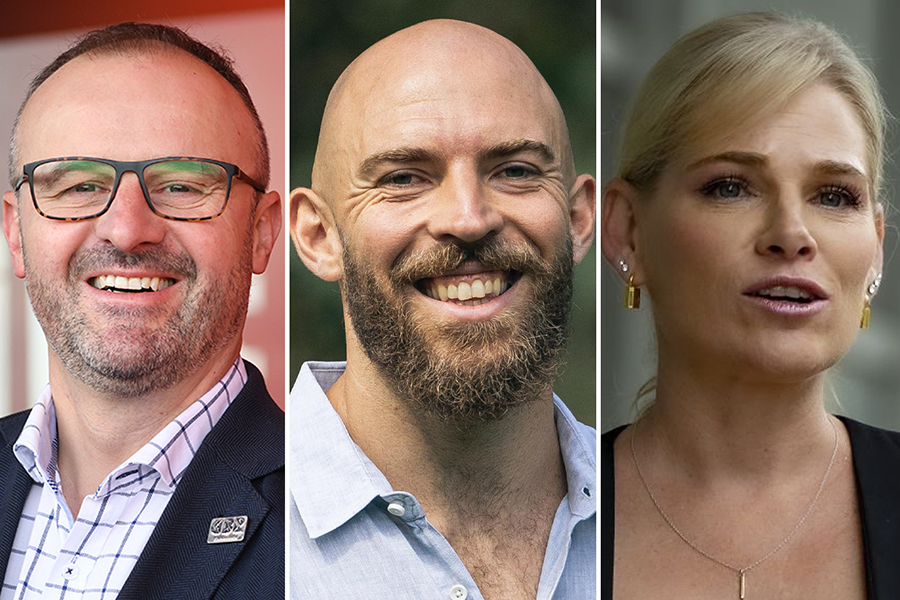

Leave a Reply